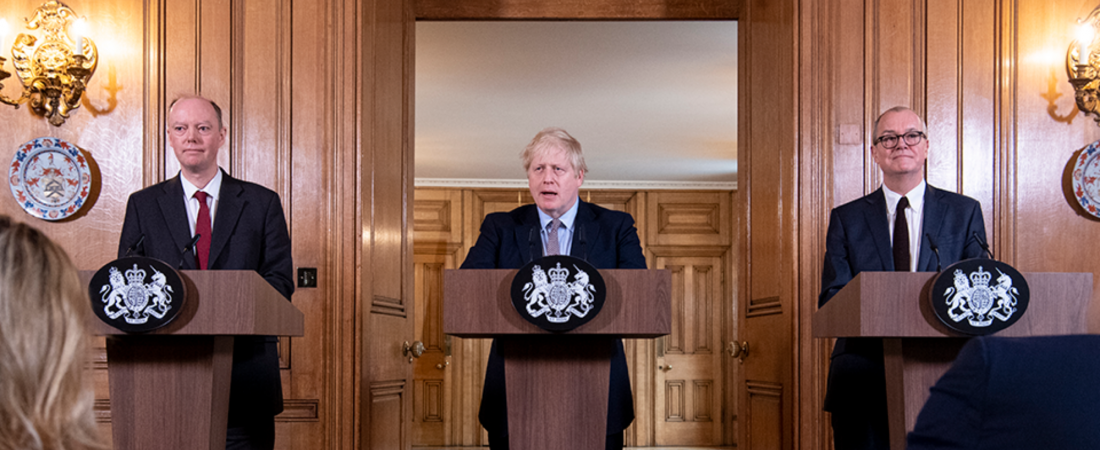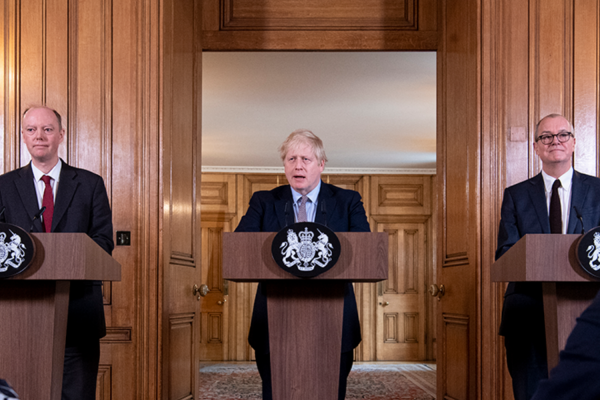Landlords have been given new advice by the government regarding right to rent checks. The checks can now be performed online. The new measures are temporary and designed to ensure a minimum of contact during this period of social distancing due to coronavirus.
The Old Right to Rent Check Rules
In normal times, right to rent checks must be performed face to face. The landlord must inspect documents provided by all occupants of the property that prove they have the right to reside in the UK for the period of the let. The landlord must keep a record of the checks, a copy of the documents shown and any questions asked and answers given.
The New (Temporary) Right to Rent Check Rules
Due to COVID-19, these checks can now take place electronically. Tenants can submit a scanned copy or photo of the documents via email or using an app, such as WhatsApp. The document copy must then be inspected while on a video call with the tenant. The tenant must hold up their original document to the camera while it is checked against the digital copy.
The landlord must then record the date that the check has been made and mark it as “an adjusted check has been undertaken on [date] due to COVID-19”. The same documents can be used as during normal times.
What’s Next for Right to Rent?
Right to rent checks have been a controversial part of the tenancy creation process for years, and have been associated with the ‘hostile environment’ policy and the Windrush scandal. Many landlords have not wanted to perform them and been unhappy with the risk of fines of thousands of pounds if they failed to spot a false document.
Other campaigners have argued that the checks have led to unfair discrimination as landlords, fearing making a mistake when checking foreign documents, choose British tenants who they see as less likely not to have the right to rent.


Start the discussion at community.openrent.co.uk